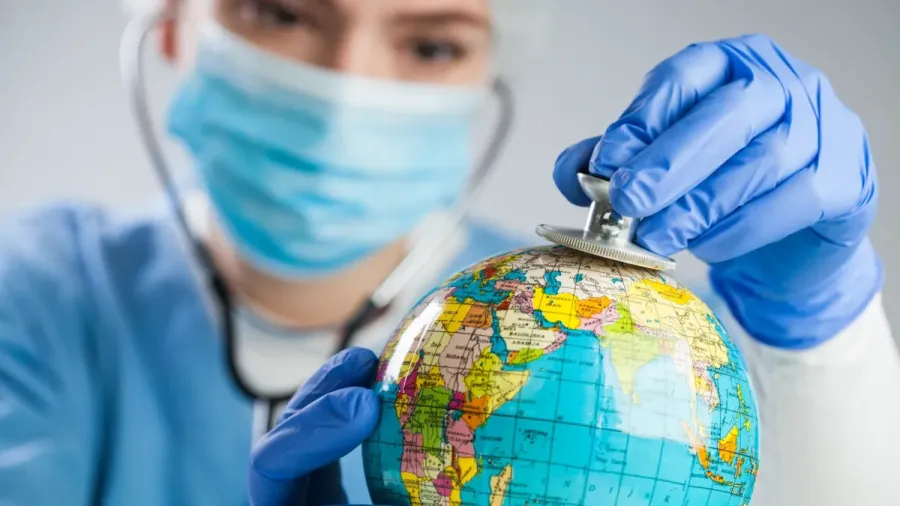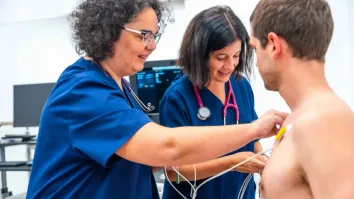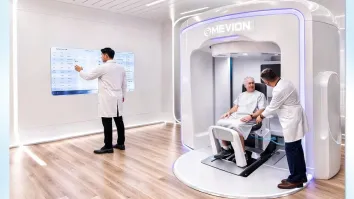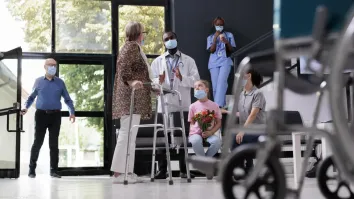
Saudi Arabia's medical tourism market to triple by 2030
It will be driven by rising demand for specialised treatments.
Saudi Arabia’s medical tourism market is expected to grow from $0.20b in 2024 to $0.68b by 2030, expanding at a CAGR of 22.5%, according to ResearchAndMarkets.com's report.
The report said it will be driven by rising demand for specialised treatments and government-backed promotion efforts.
The country is attracting international patients with advanced care in cardiology, orthopedics, organ transplants, cancer, and fertility treatments. Local hospitals are benefiting from international partnerships and investments in medical technology, helping them gain global recognition.
Saudi Arabia’s strategic location gives it an edge, with easy access for patients from the Middle East, Africa, and nearby regions, it noted.
Saudi hospitals offer advanced treatments delivered by highly trained professionals. Many facilities are internationally accredited and supported by government initiatives under Vision 2030. Medical tourism packages that bundle healthcare, accommodation, and transport also make it easier for patients to seek treatment in the Kingdom.
The government is actively marketing Saudi Arabia as a medical tourism destination through global partnerships, trade shows, and streamlined visa processes. These efforts are aimed at capturing a share of the Middle East’s 30% contribution to global medical tourism spending.
Saudi Arabia’s involvement in research and clinical trials is drawing patients seeking cutting-edge therapies. Top institutions are investing in innovation to offer treatments not widely available elsewhere.
However, complex visa rules and political risks remain key barriers. Stability and easier access will be crucial to attract more international patients.
Post-treatment recovery and wellness programs are also expanding, with new rehabilitation and spa facilities complementing core medical services.
The inbound segment, driven by foreign patients seeking care in Saudi Arabia, holds the largest market share. Riyadh and other central regions lead the sector, supported by top-tier hospitals and targeted investment.



















 Advertise
Advertise






